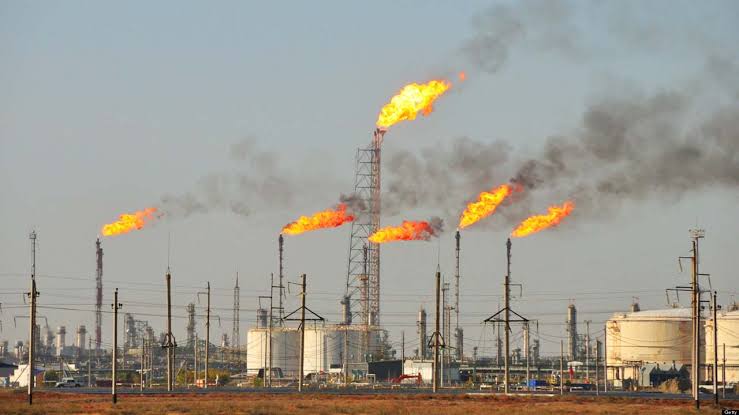Nigeria plans to spend 5.4 trillion naira ($3.7 billion) in 2024, a 50 per cent increase from 2023, to maintain fixed petrol prices. It also aims to borrow an extra 6.6 trillion naira to cover budget shortfalls, as per a draft document reviewed by Reuters.
The Accelerated Stabilisation and Advancement Plan (ASAP), created by the Nigerian finance ministry in collaboration with private sector leaders and economists, targets reform challenges to stimulate growth.
President Bola Tinubu terminated a costly petrol subsidy in May last year, a move applauded by investors but resulting in tripled petrol prices, heightened transport costs, and inflation, sparking public discontent. Despite pressure from labour unions, Tinubu refuses to reverse the reforms.
Fuel subsidy expenses are projected to rise to 5.4 trillion naira by 2024, up from 3.6 trillion in 2023 and 2.0 trillion in 2022, according to the ministry’s draft. While the plan awaits Tinubu’s approval, analysts anticipate potential executive orders to implement recommendations focusing on sectors like power, oil, gas, agriculture, and healthcare, aiming to support business.
Nigeria’s economy struggles with around 3 per cent growth, falling short of Tinubu’s 6 per cent target.
The ministry suggests selling refinery equity by May 2026, increasing excise duties on beverages, and introducing taxes on single-use plastics and sweetened beverages to generate revenue.
The government also aims to boost oil production to 2 million barrels per day by December, up from 1.4 million, to enhance cash flow and address revenue shortfalls.


